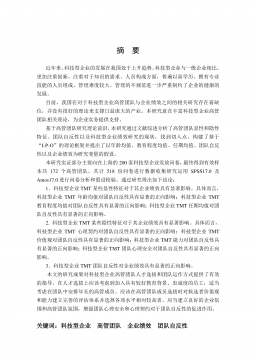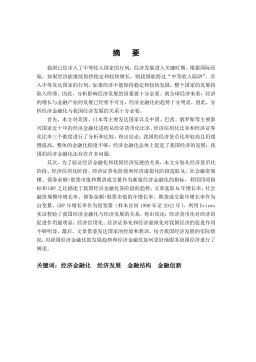USST_Arts_117200867基于“智能交通云”的现代物流企业车辆运输管理研究
摘要企业信息化管理是指基于信息技术的企业管理模式,即如何借助先进的信息技术来提升企业管理水平,是现代企业管理手段之一。随着“云计算”的兴起与“智能交通系统”的成熟,研究如何将“云计算”与“智能交通系统”相结合,以此为基础,形成新的管理模式,以提升现代物流企业的信息化运营管理能力,具有一定理论意义与很好的应用价值。文章以基于“智能交通云”的管理模式作为研究对象,研究如何将“智能交通云”应用于第三方现代物流企业日常车辆运输管理中去,以解决现代物流企业车辆运输管理中所存在的一些问题,提升业务流程及信息化管理水平。文章讨论了现代物流企业与传统物流企业的区别,分析了现代物流企业的行业运营现状,说明了影响...
相关推荐
-
公务员思想政治教育研究VIP免费
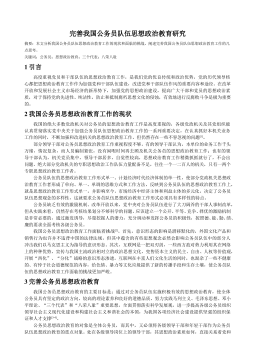
 2024-10-15 59
2024-10-15 59 -
在线社会网络中用户行为的实证分析与机制建模研究VIP免费
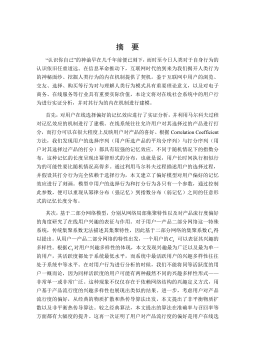
 2025-01-09 12
2025-01-09 12 -
智能优化方法对神经网络的改进及应用研究VIP免费
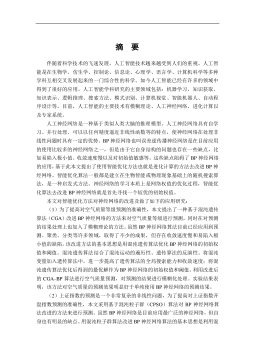
 2025-01-09 16
2025-01-09 16 -
鲜切哈密瓜保鲜技术研究VIP免费
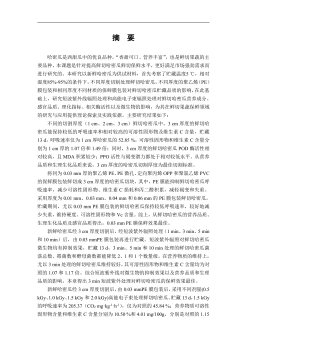
 2025-01-09 29
2025-01-09 29 -
小城镇道路网级配方法及应用研究VIP免费
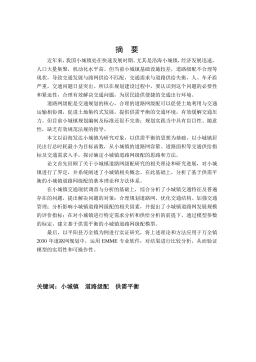
 2025-01-09 14
2025-01-09 14 -
医学信息集成测试系统的研究与实现VIP免费
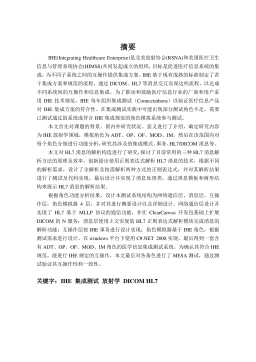
 2025-01-09 18
2025-01-09 18 -
余热驱动氨水吸收式制冷系统的理论及实验研究VIP免费
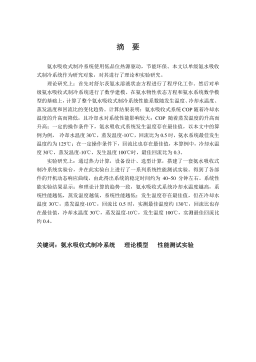
 2025-01-09 11
2025-01-09 11 -
喷雾降温技术适用性及热环境研究VIP免费
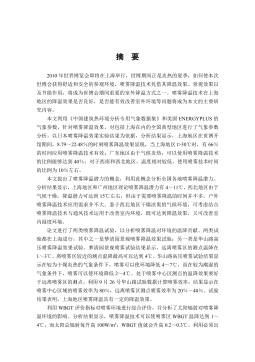
 2025-01-09 13
2025-01-09 13 -
收缩—扩张喷嘴的气泡雾化数值模拟VIP免费
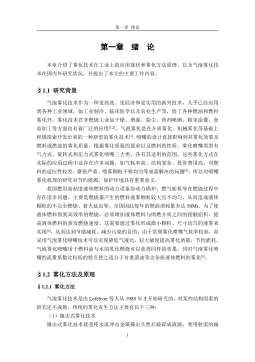
 2025-01-09 24
2025-01-09 24 -
支持供应链的工作流系统结构及其计划与调度的研究与应用VIP免费
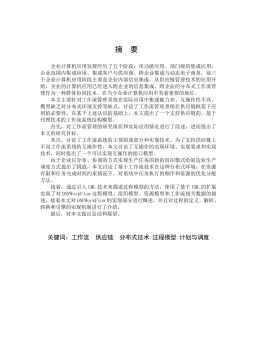
 2025-01-09 43
2025-01-09 43
作者详情
相关内容
-

医学信息集成测试系统的研究与实现
分类:高等教育资料
时间:2025-01-09
标签:无
格式:PDF
价格:15 积分
-

余热驱动氨水吸收式制冷系统的理论及实验研究
分类:高等教育资料
时间:2025-01-09
标签:无
格式:PDF
价格:15 积分
-

喷雾降温技术适用性及热环境研究
分类:高等教育资料
时间:2025-01-09
标签:无
格式:PDF
价格:15 积分
-

收缩—扩张喷嘴的气泡雾化数值模拟
分类:高等教育资料
时间:2025-01-09
标签:无
格式:PDF
价格:15 积分
-

支持供应链的工作流系统结构及其计划与调度的研究与应用
分类:高等教育资料
时间:2025-01-09
标签:无
格式:PDF
价格:15 积分


